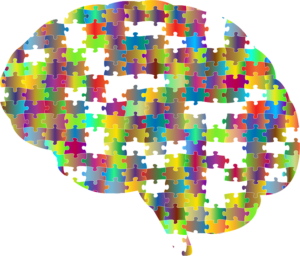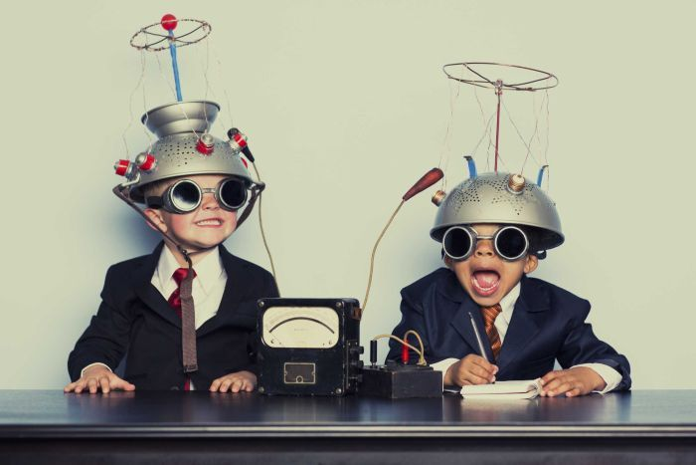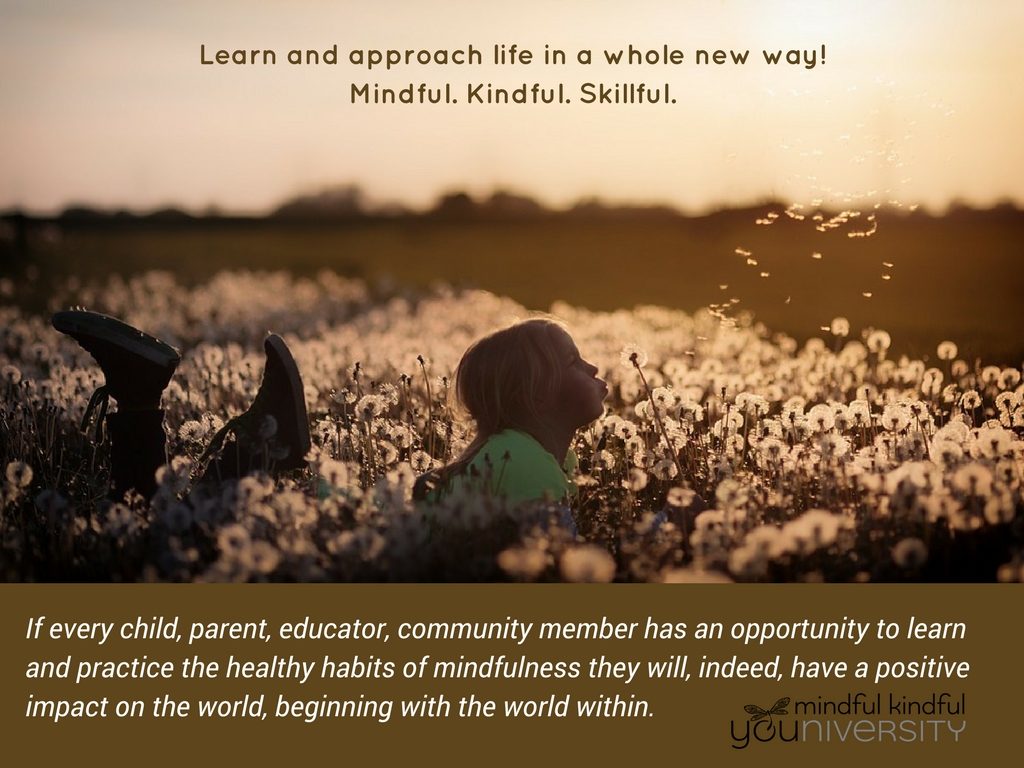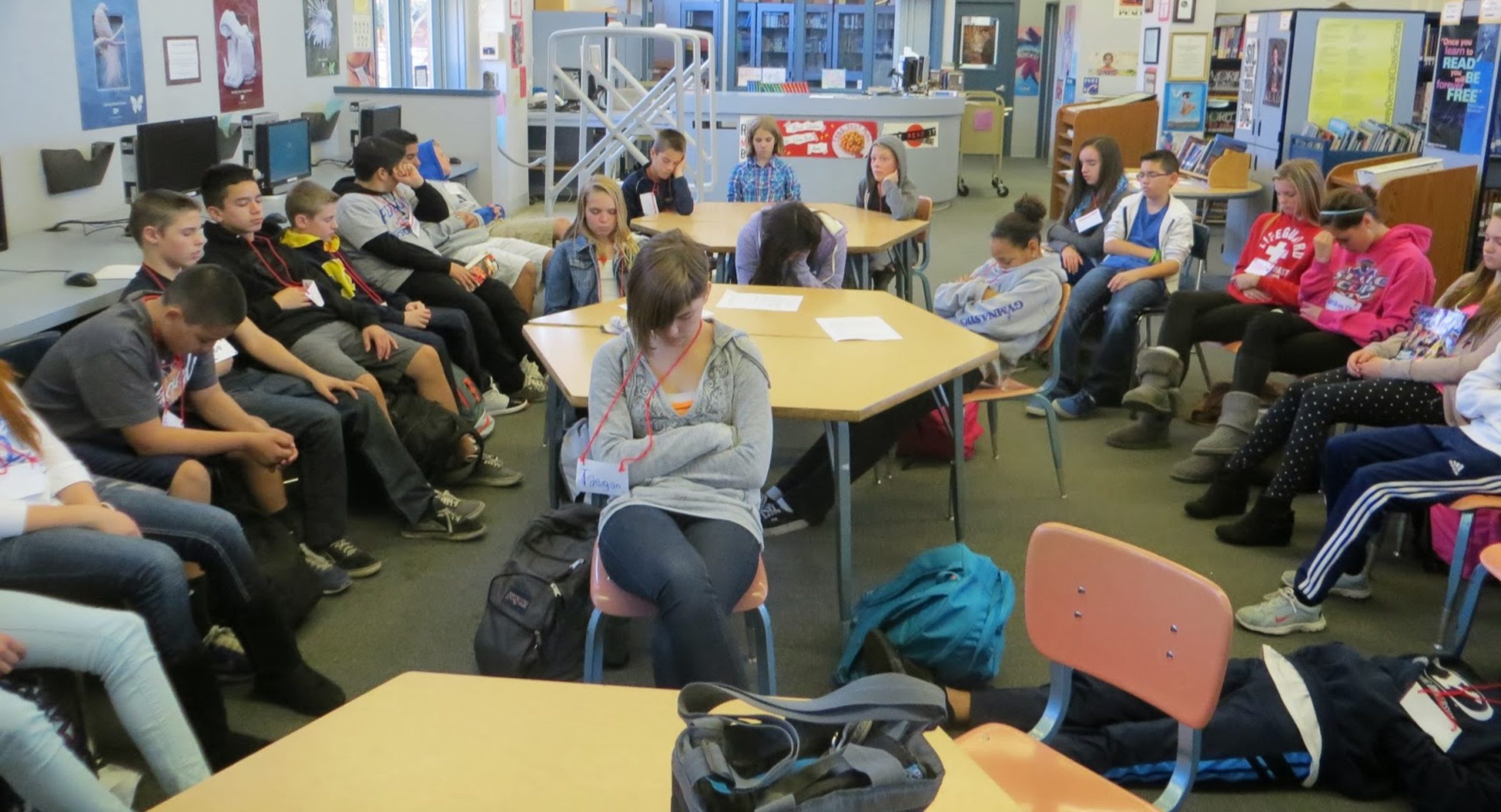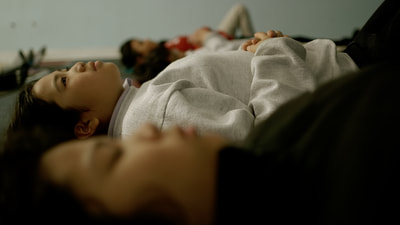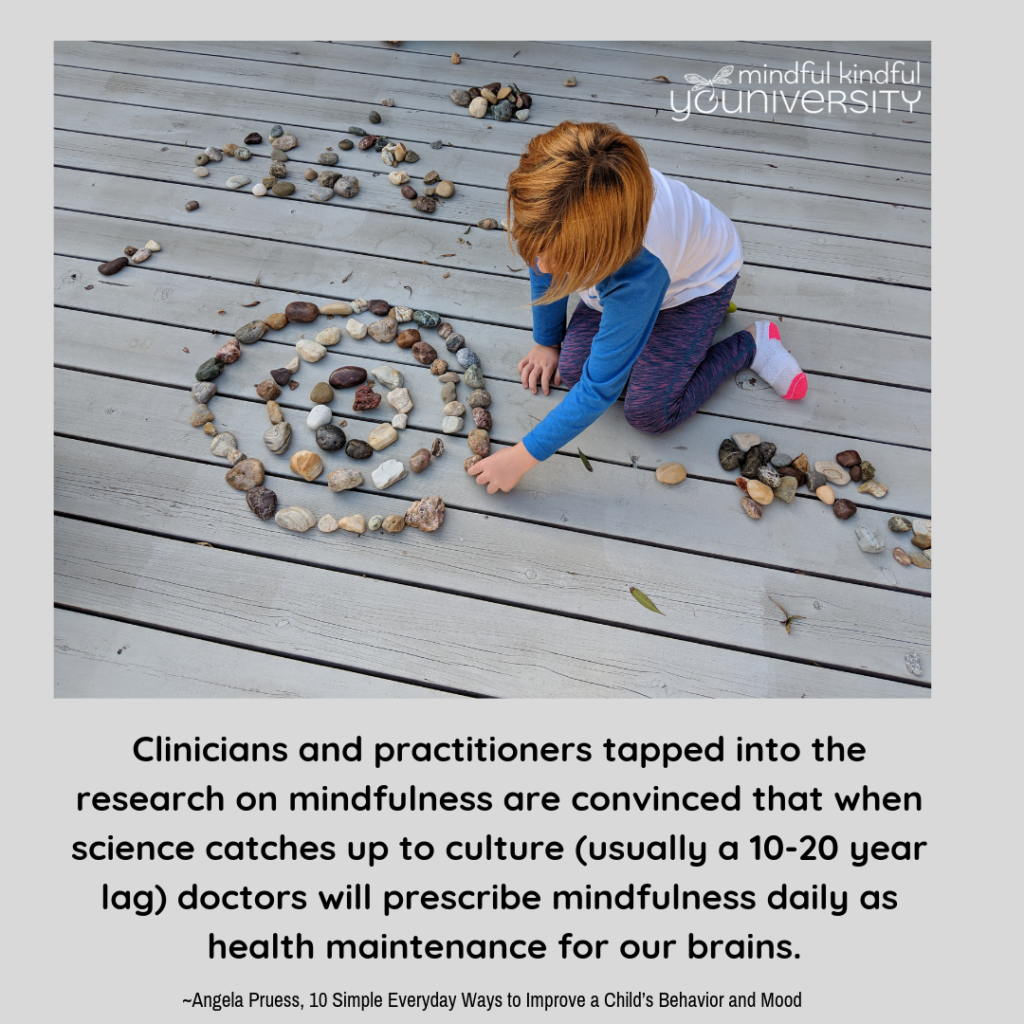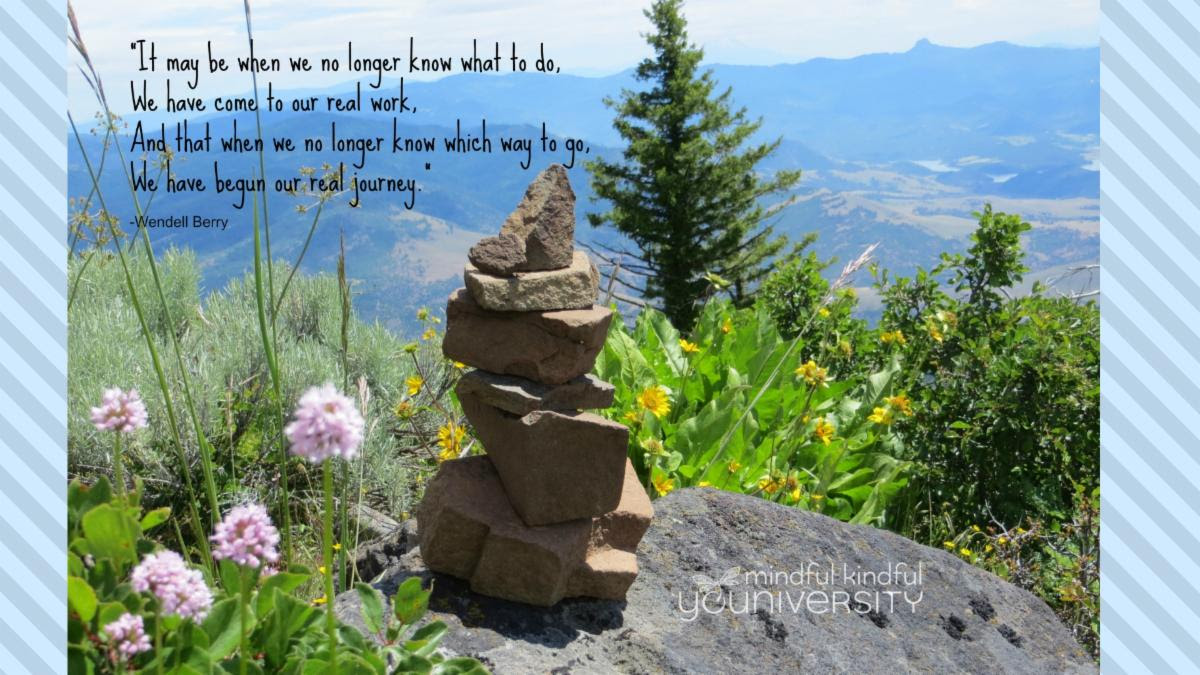
Resilience is adapting to, and coping with, the inevitable challenges that arise in your lifetime whether it’s day-to-day challenges or major life-changing events. Resilience helps you to bounce back and even come back stronger. Resilience involves behaviors, thoughts, and actions that can be learned and developed in anyone.
“I am not what happened to me. I am what I choose to become.”
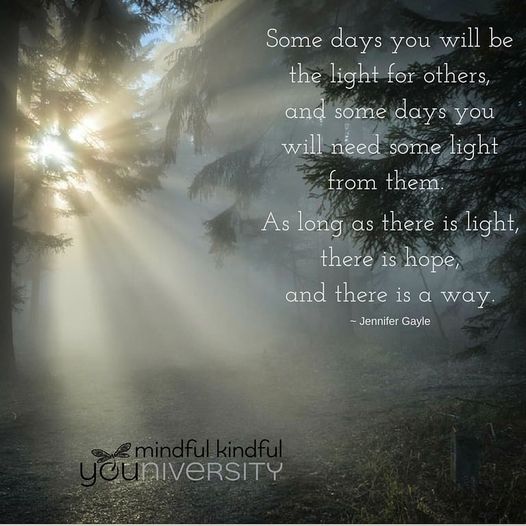
Behind every resilient person is some ONE that is there for them,
Finding freedom from my own trauma are the reasons why I am so passionate about the programs and services I offer through Mindful Kindful YOUniversity.
Stay up to date on all of our announcements:
Let Nature Be Your Teacher ~
“Resilience is accepting your new reality, even if it’s less good than the one you had before. You can fight it, you can do nothing but scream about what you’ve lost, or you can accept that and try to put together something that’s good.”
– Elizabeth Edwards
“Roots of Resilience” Webinar Recording ~
While confronted with the unsettling, emotional challenges of life during the pandemic, the greatest gift we can give our loved ones is our presence – our well-nourished, balanced and healthy presence, like a well-rooted tree that can withstand the storm! Learn simple practices to transform stress into resilience in each moment of life as it unfolds. This is how each of us can contribute to a legacy of healthy, thriving families ~ beginning within ourselves ~ and modeling these essential life skills for our loved ones. Mindful, Kindful, Peaceful. (Video ~54 min)
Guided Grounding Practice ~
Walking in the Wind ~ an inspirational story of resilience
This true story is from the late, great Rep. John Lewis. May his legacy live on through his example of how to live life ~ in our homes, and in our world ~ walking together, hand in hand, you and I, walking with the wind. Together, we can get through the storms and inevitable challenges in our lives, coming out stronger and wiser.
Well-being is a skill and all skills require practice ~
Your well-being is the most important education you will ever receive! Learn, practice, and grow skillfully with us! Let me be your guide. MK YOU equips and teaches children, teens, and adults HOW to cultivate the inner resources, or “superpowers,” for coping with life’s challenges. By setting the intention to practice mindfulness and kindfulness in our daily living, we plant the seeds for transforming unskillful responses to life’s challenges into healthy habits for inner peace and happiness. As a result, each one of us is positively contributing to a thriving, resilient, compassionate and peaceful world beginning within ourselves, and positively impacting our relationships at home, school, and in our communities.
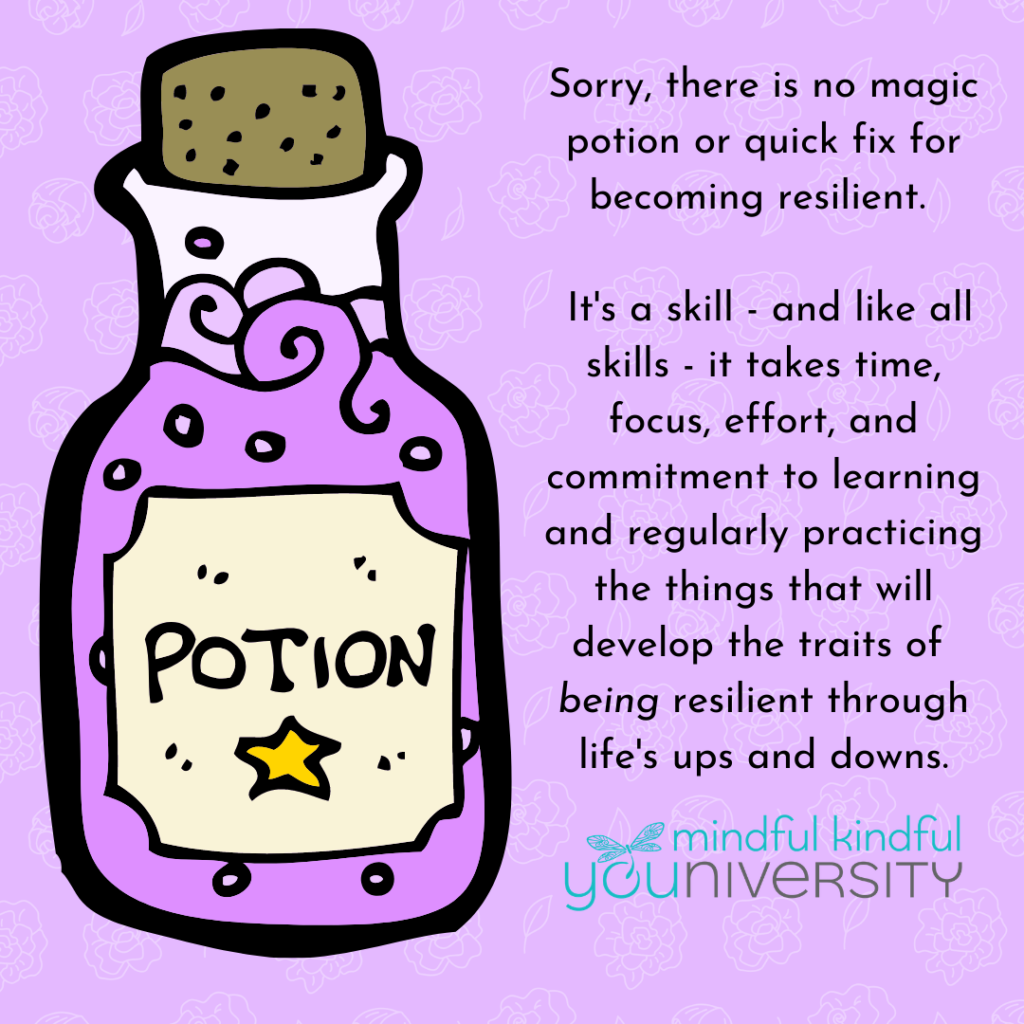
EXPLORE Programs and Services
Programs and Services
for YOUTH and ADULTS
including our virtual Mindful Explorers Membership
for kids and their grown-ups at home or school.
Learn, practice and grow skillfully with us!
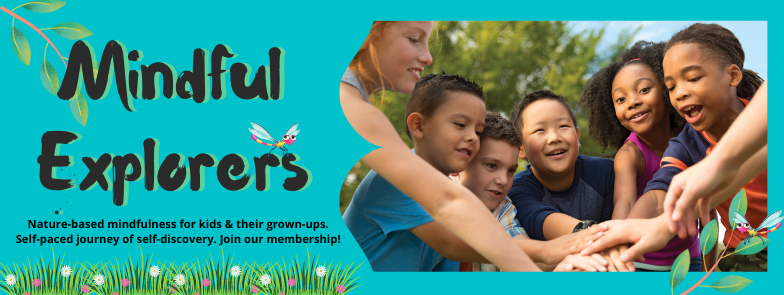
Additional Resources ~
I will be adding to this over time. Come back and check!
RELATIONSHIPS:
Behind every resilient person – research findings: the number one common variable – is some ONE that was there for them, coaching them, believing in them to move through the challenge. If you are interested, I provide Personal Coaching for youth and for adults. You do not have to go through this alone.
“During the coronavirus disease 2019 (COVID-19) pandemic, you may experience anxiety, fear, frustration, sadness and loneliness — to the point that those feelings become constant and overwhelming. Existing mental health conditions, including severe anxiety and major depression, may worsen. If you’re feeling hopeless and having thoughts about suicide, or you’re concerned about someone else, learn how to find help and restore hope. Most often, suicidal thoughts are the result of feeling like you can’t cope or recover when you’re faced with what seems to be an overwhelming life situation. Call the National Suicide Prevention Lifeline at 1-800-273-8255 any time of day.” Read more: COVID-19 and the risk of suicide
BOOKS / ARTICLES:
Fear: Essential Wisdom for Getting Through the Storm, by Thich Nhat Hanh ~ Book or free audio link (youtube)
 We recently finished reading this in our Book Club. Fear is destructive, a pervasive problem we all face. Vietnamese Buddhist Zen Master, poet, scholar, peace activist, and one of the foremost spiritual leaders in the world—a gifted teacher who was once nominated for the Nobel Peace Prize by Martin Luther King Jr.—Thich Nhat Hanh has written a powerful and practical strategic guide to overcoming our debilitating uncertainties and personal terrors. The New York Times said Hanh, “ranks second only to the Dalai Lama” as the Buddhist leader with the most influence in the West. In Fear: Essential Wisdom for Getting through the Storm, Hanh explores the origins of our fears, illuminating a path to finding peace and freedom from anxiety and offering powerful tools to help us eradicate it from our lives. “Written in words so intimate, calm, kind, and immediate, this extraordinary book feels like a message from our very own heart….Thich Nhat Hanh is one of the most important voices of our time, and we have never needed to listen to him more than now.” ~Sogyal Rinpoche
We recently finished reading this in our Book Club. Fear is destructive, a pervasive problem we all face. Vietnamese Buddhist Zen Master, poet, scholar, peace activist, and one of the foremost spiritual leaders in the world—a gifted teacher who was once nominated for the Nobel Peace Prize by Martin Luther King Jr.—Thich Nhat Hanh has written a powerful and practical strategic guide to overcoming our debilitating uncertainties and personal terrors. The New York Times said Hanh, “ranks second only to the Dalai Lama” as the Buddhist leader with the most influence in the West. In Fear: Essential Wisdom for Getting through the Storm, Hanh explores the origins of our fears, illuminating a path to finding peace and freedom from anxiety and offering powerful tools to help us eradicate it from our lives. “Written in words so intimate, calm, kind, and immediate, this extraordinary book feels like a message from our very own heart….Thich Nhat Hanh is one of the most important voices of our time, and we have never needed to listen to him more than now.” ~Sogyal Rinpoche
11 Ways to Cultivate Resilience
How Gratitude Can Help You Through Hard Times (this may not be what you think!)
How Mindfulness Boosts Resilience
Listen to Stress ~ Dee DiGioia
Remembering Wellness ~ Dee DiGioia
Right Now it’s Like This ~ Dee DiGioia
The Most Difficult Year Ever as an Educator ~ Dee DiGioia
What Nature Can Teach Us About Resiliency
When Things Fall Apart ~ Dee DiGioia
VIDEO:
Dropping Anchor ~ Guided Mindfulness Practice ~Dee DiGioia
Heartfulness Practice ~Guided Mindfulness Practice to feel connected ~ Dee DiGioia
My Special Journey – Guided Mindfulness Practice ~ Dee DiGioia
R.A.I.N. ~ Guided Mindfulness Practice – Dee DiGioia
A Steady Heart in Times of Crisis | Guided Meditation – Jack Kornfield & Tara Brach
Insight and Resilience in Times of Change – Oren Jay Sofer
The Opportunity to Build the Circuits of Kindness and Resilience – Dan Siegel – Opportunities for parents to help shape the minds of their children – so good!
MUSIC:
“Resilient” ~ Rising Appalachia
“The Keep Going On Song” ~ performed by Goeke/Staton-Marrero // and The Bensons original version
“Together” ~ King & Country
for kids: “Bounce Back”
EXPLORE Programs and Services
Programs and Services
for YOUTH and ADULTS
including our virtual Mindful Explorers Membership
for kids and their grown-ups at home or school.
Learn, practice and grow skillfully with us!

Resources supporting “Why Mindfulness in Education” and Resources – Mindfulness for Adults
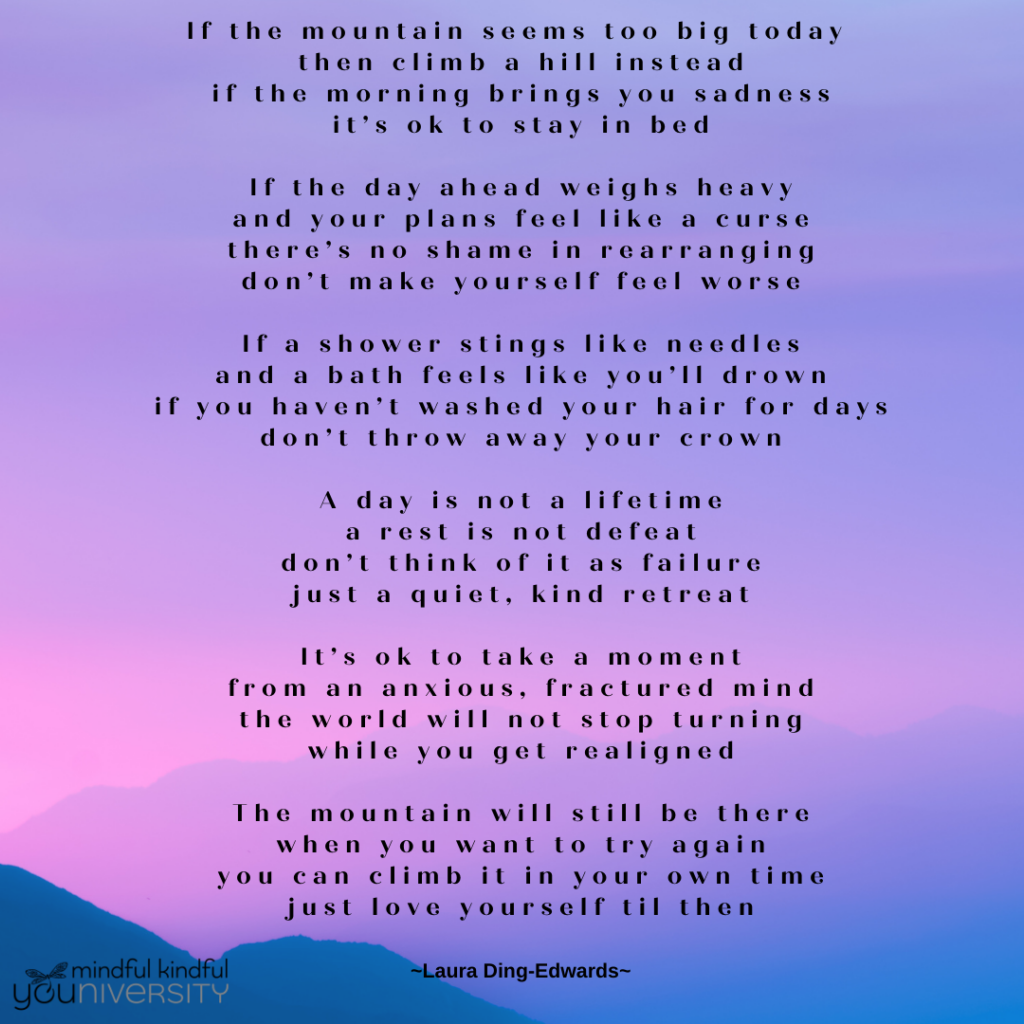
Stay up to date on all of our announcements:

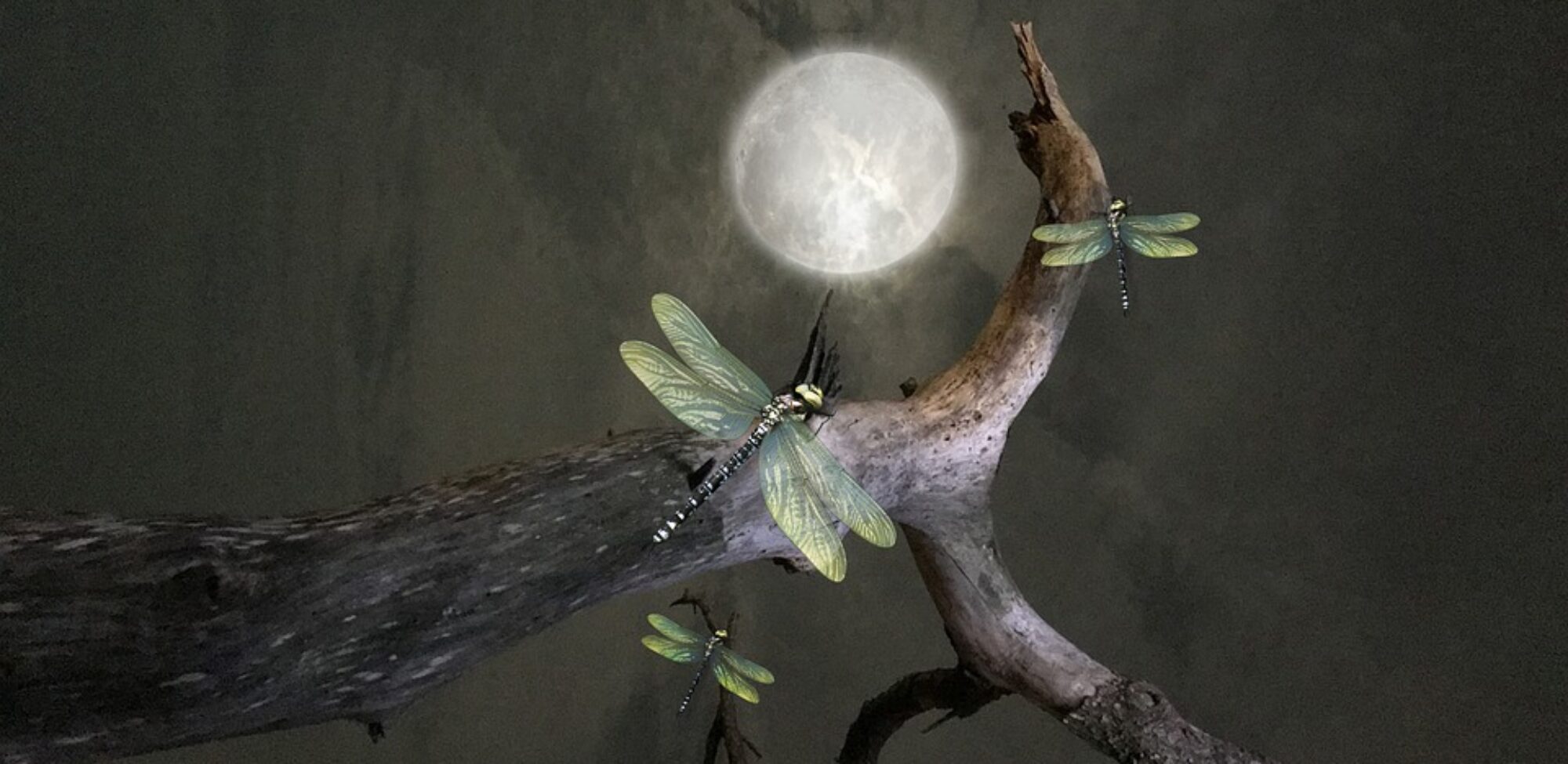
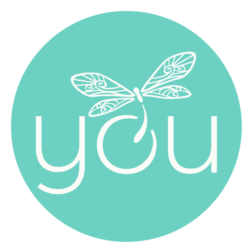
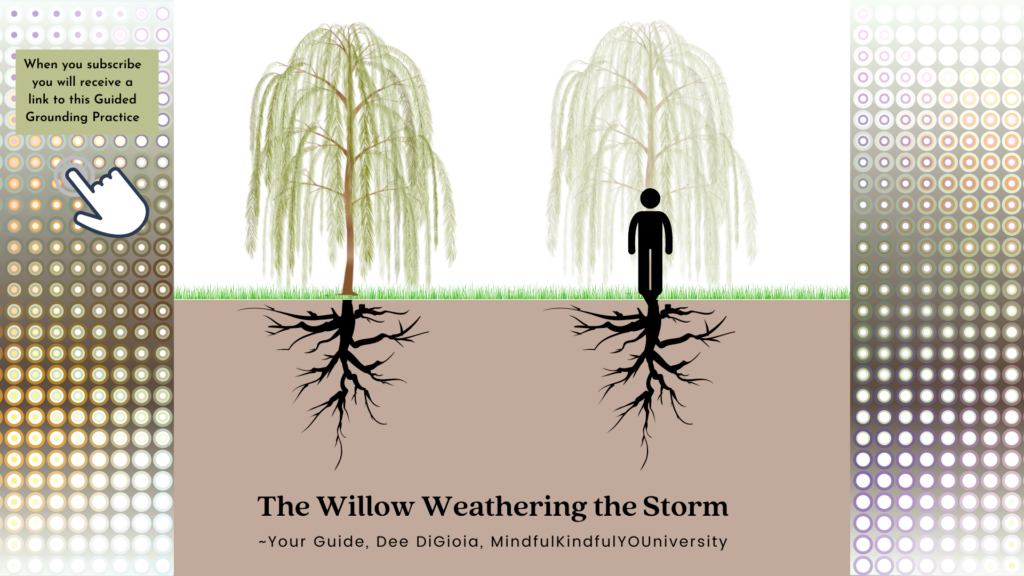
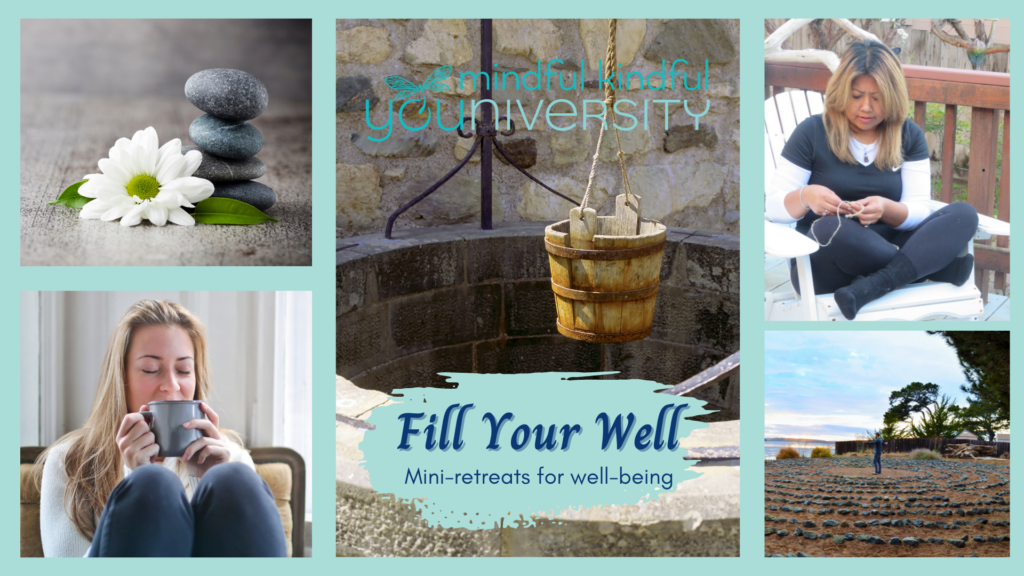
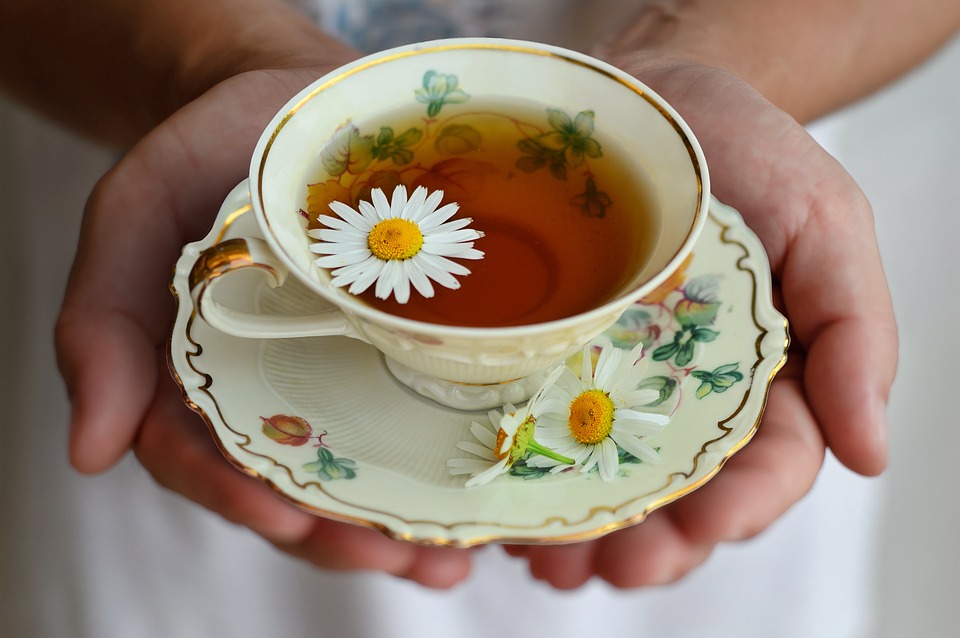



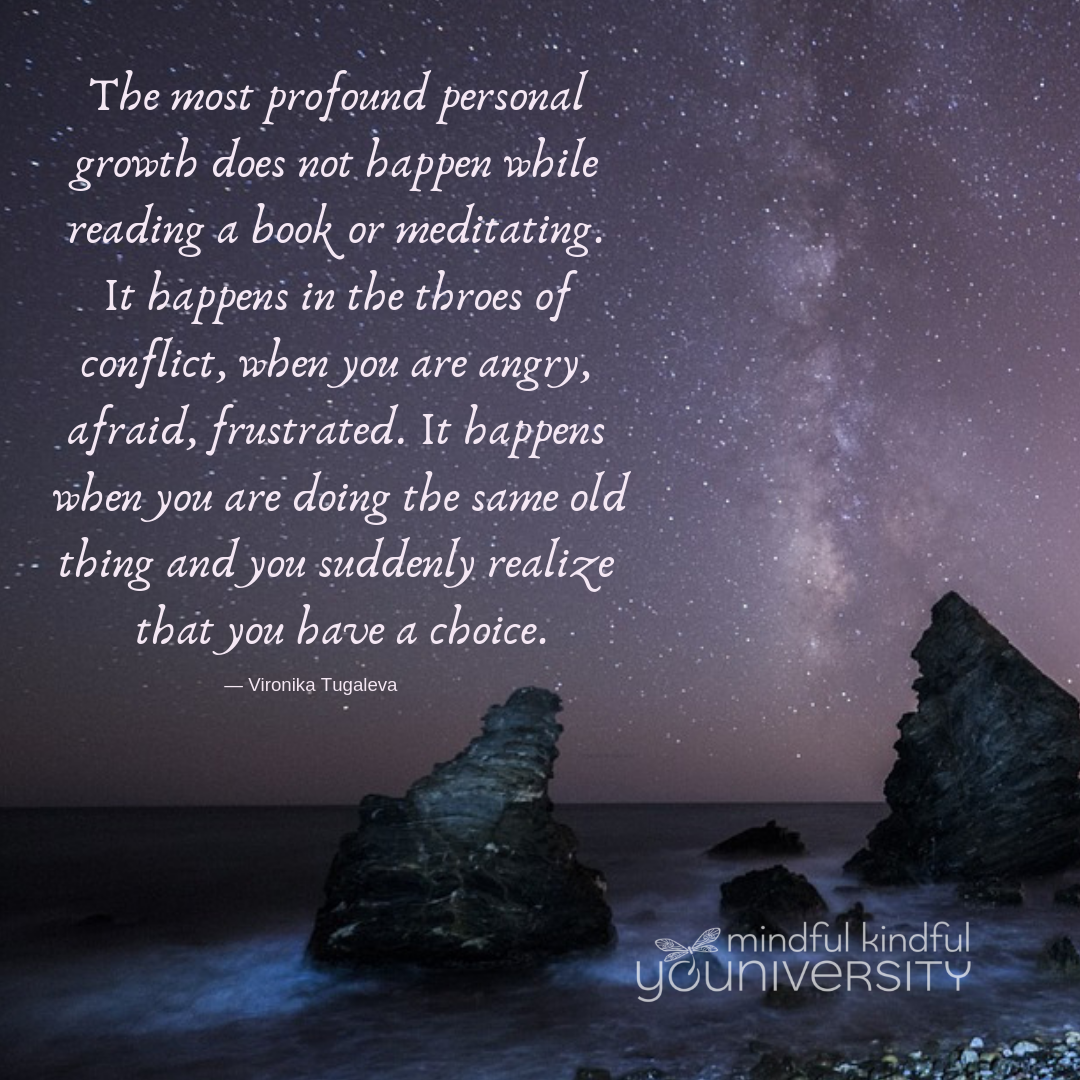

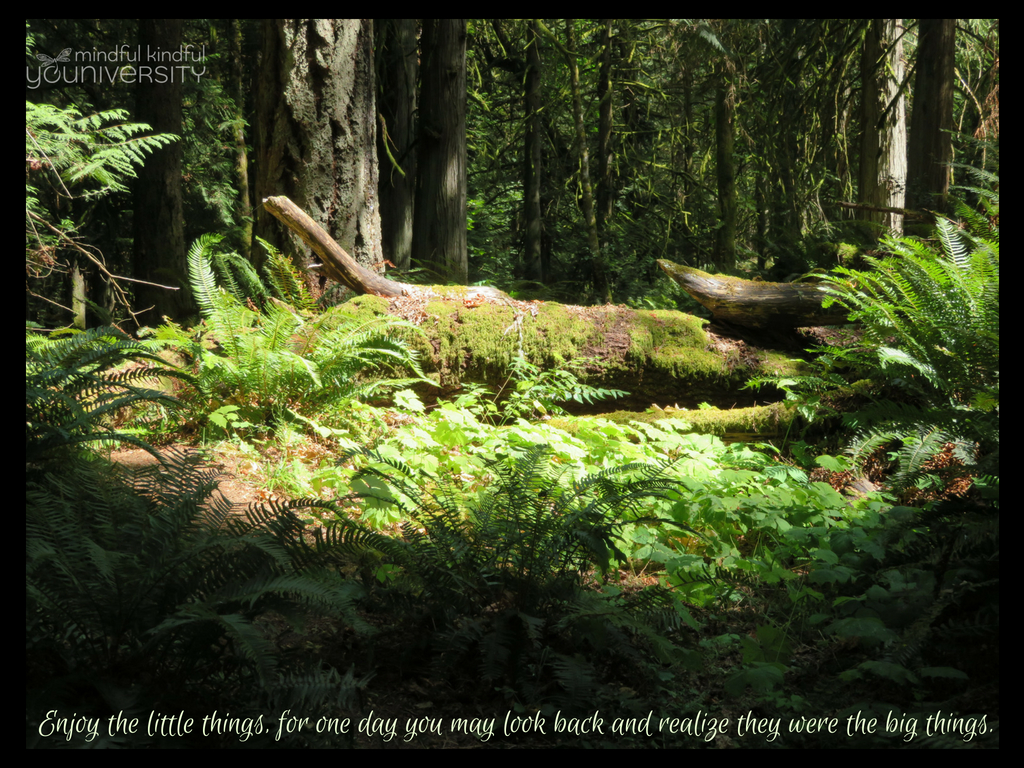
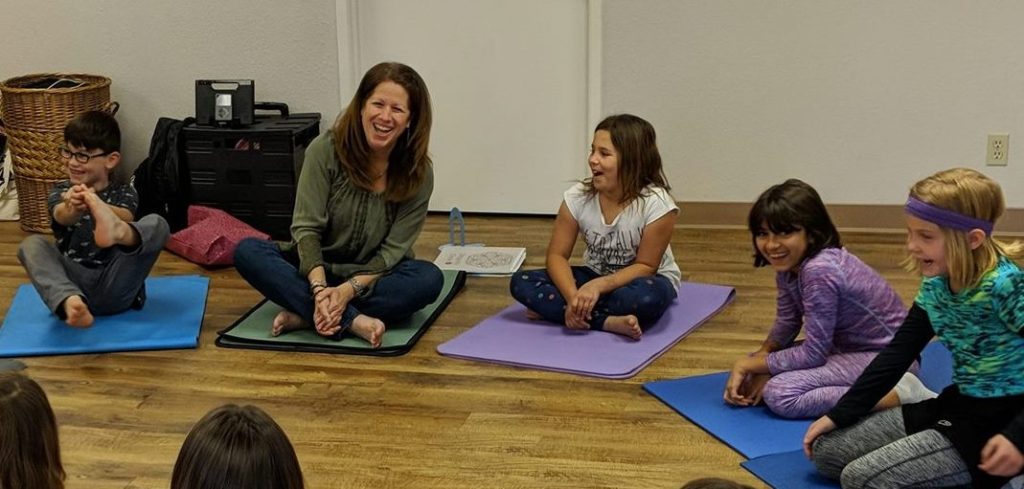
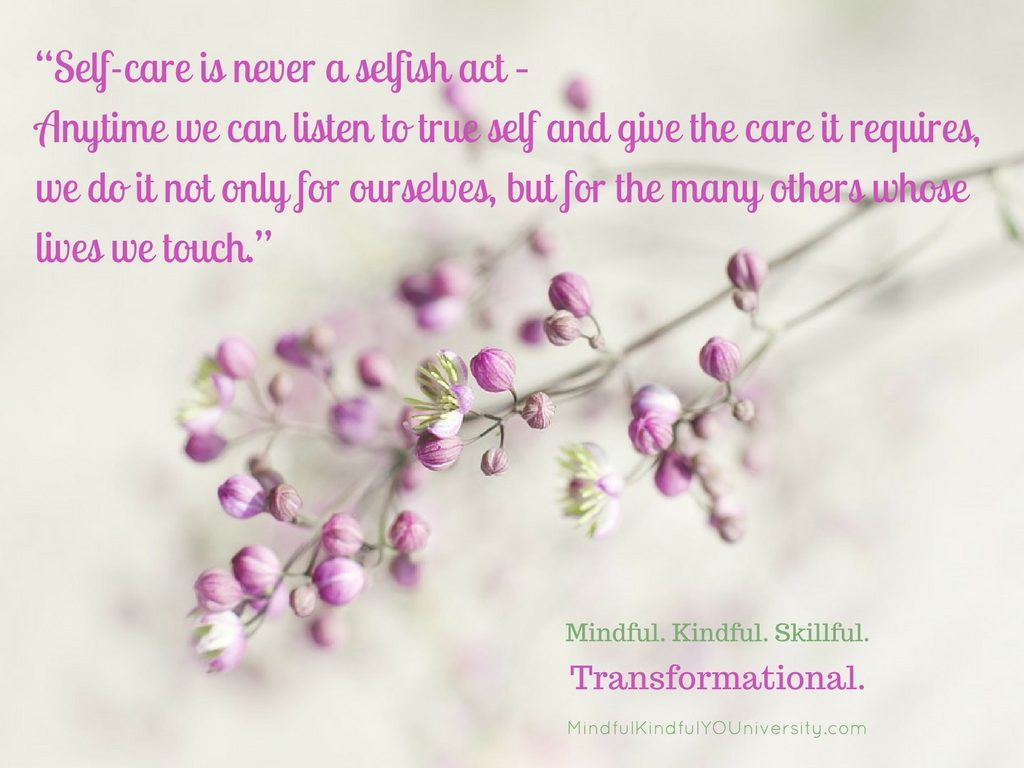
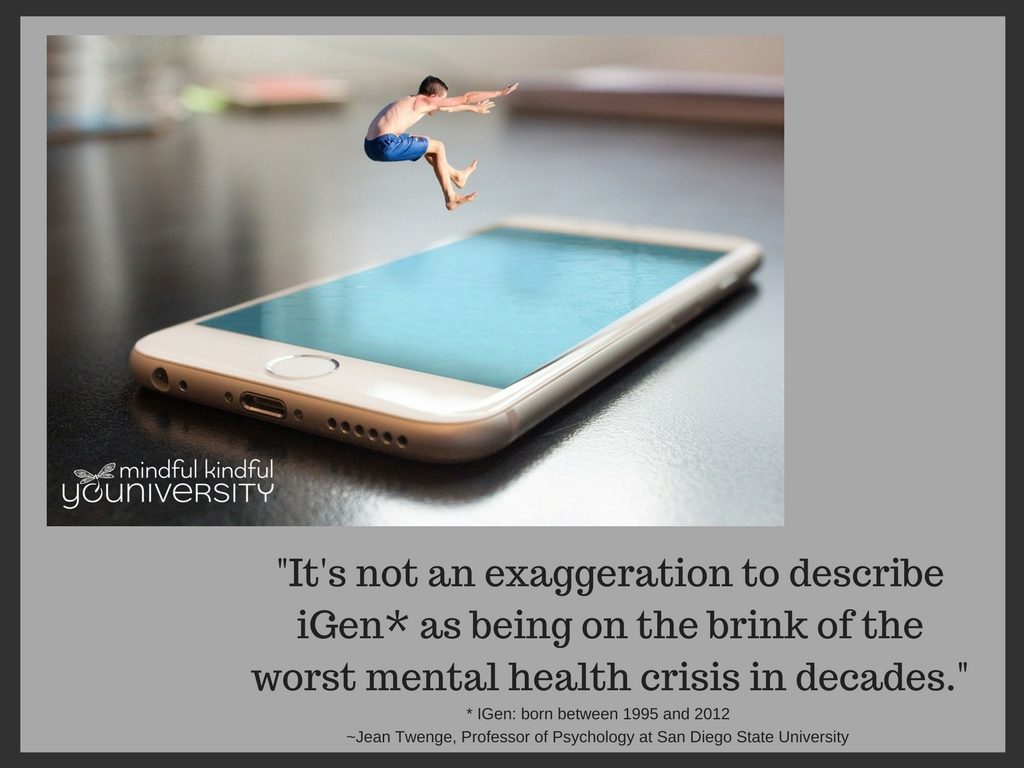
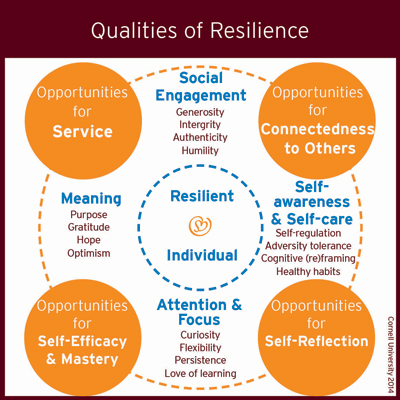
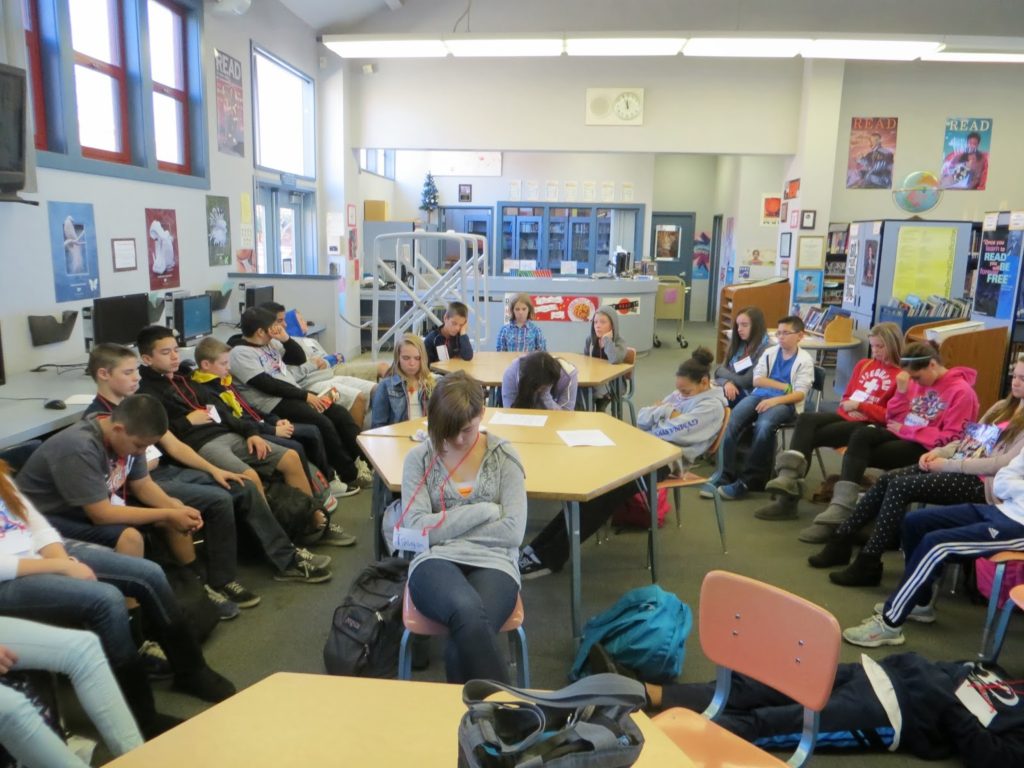
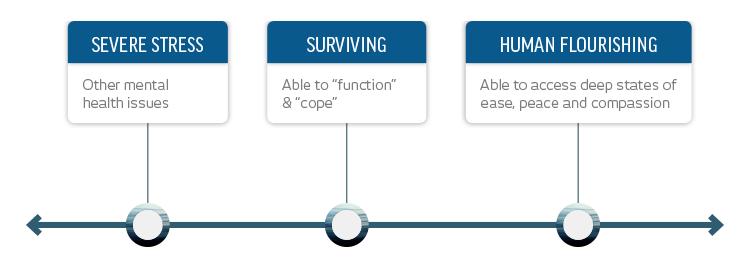
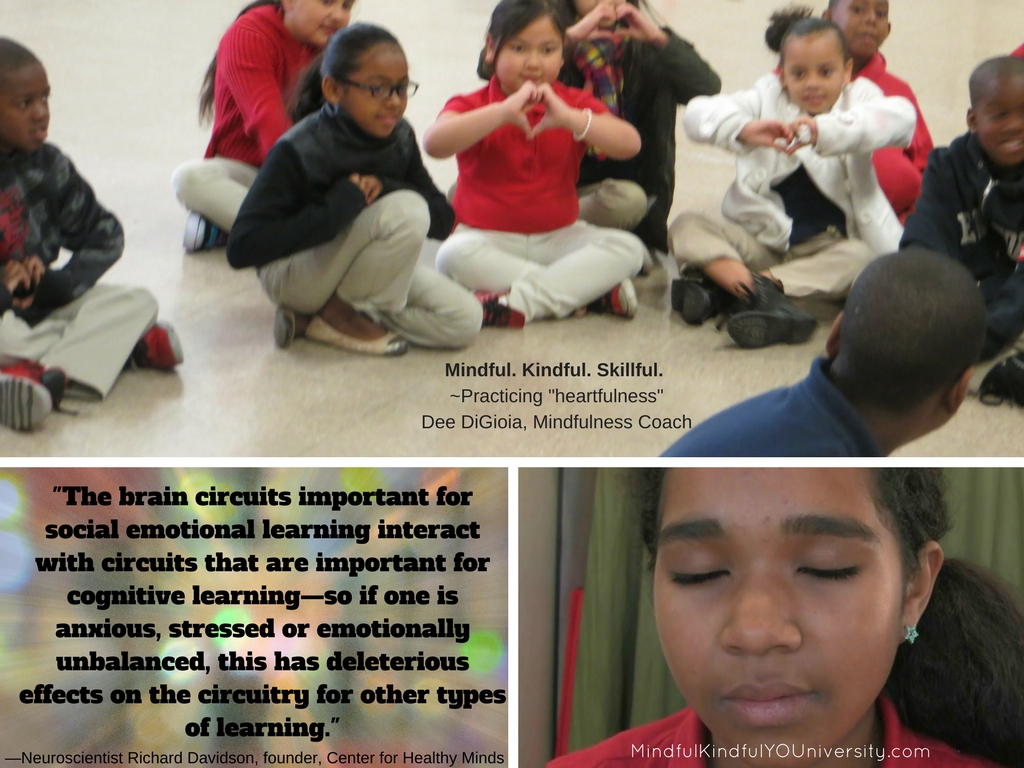
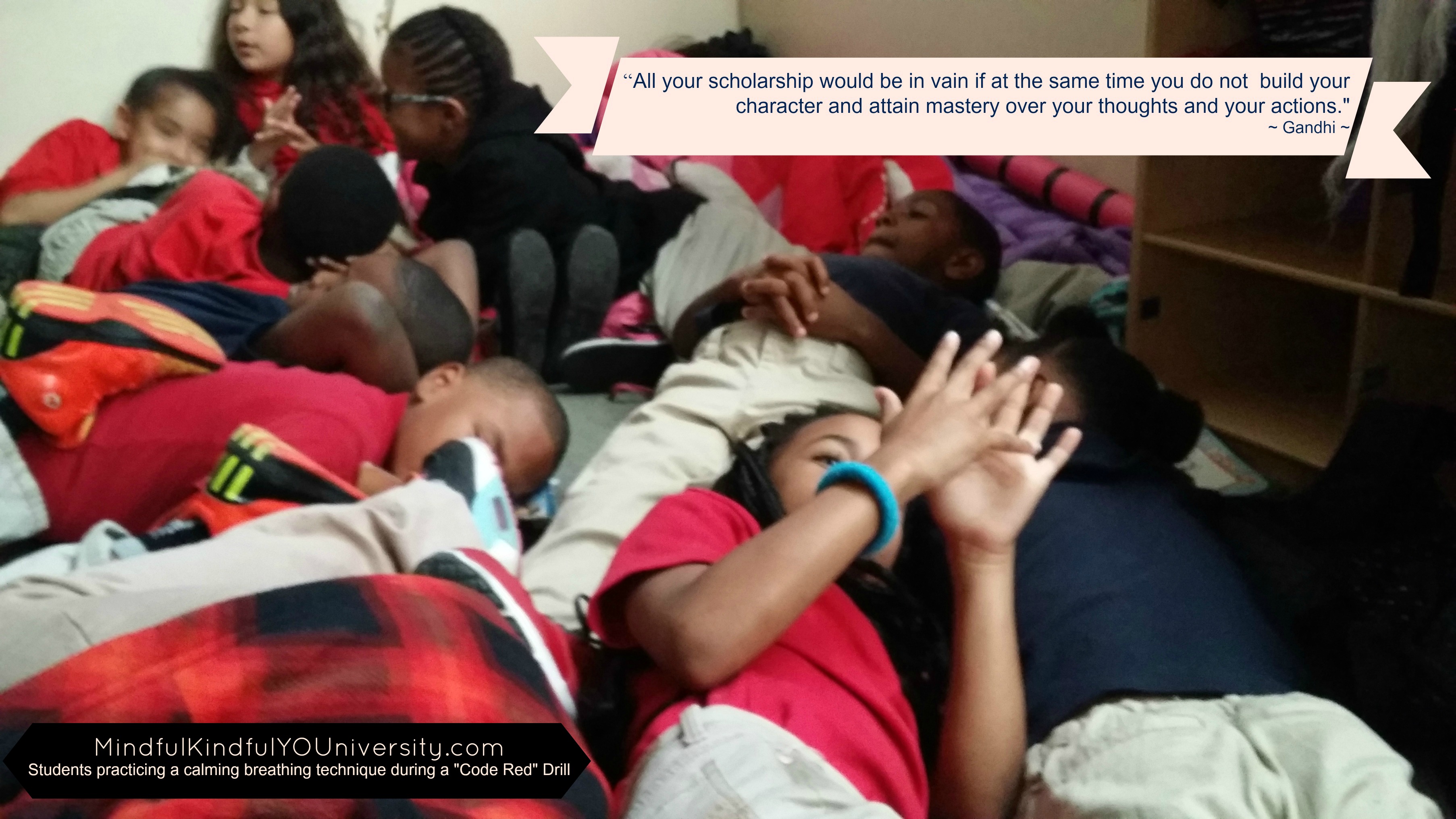
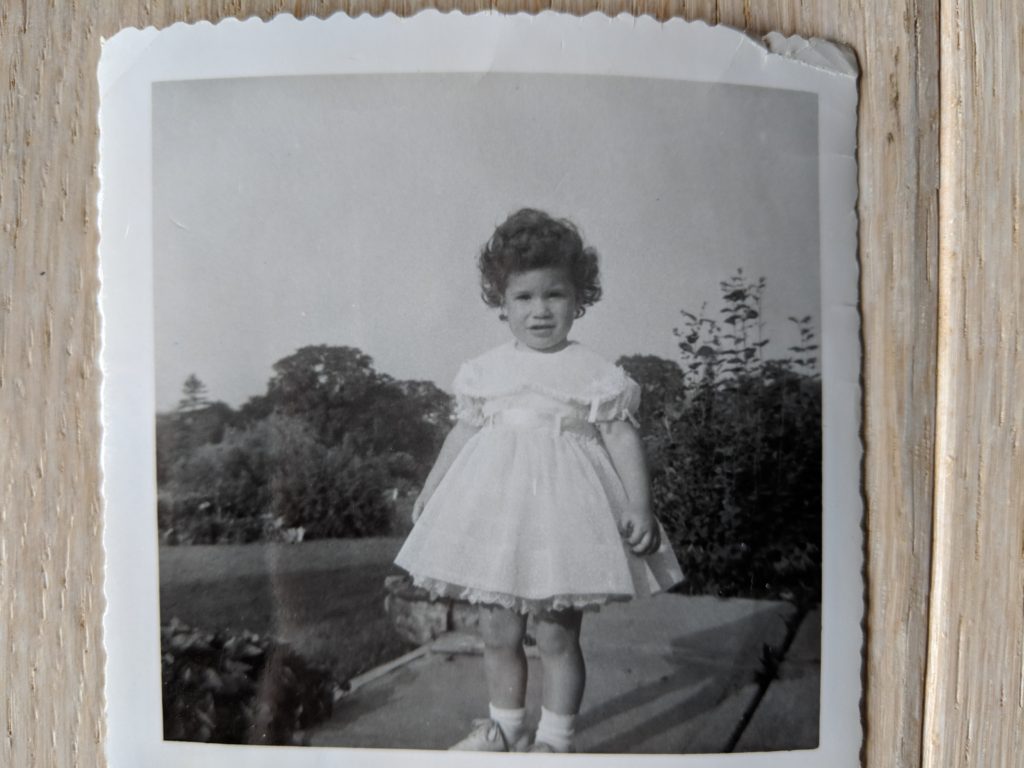

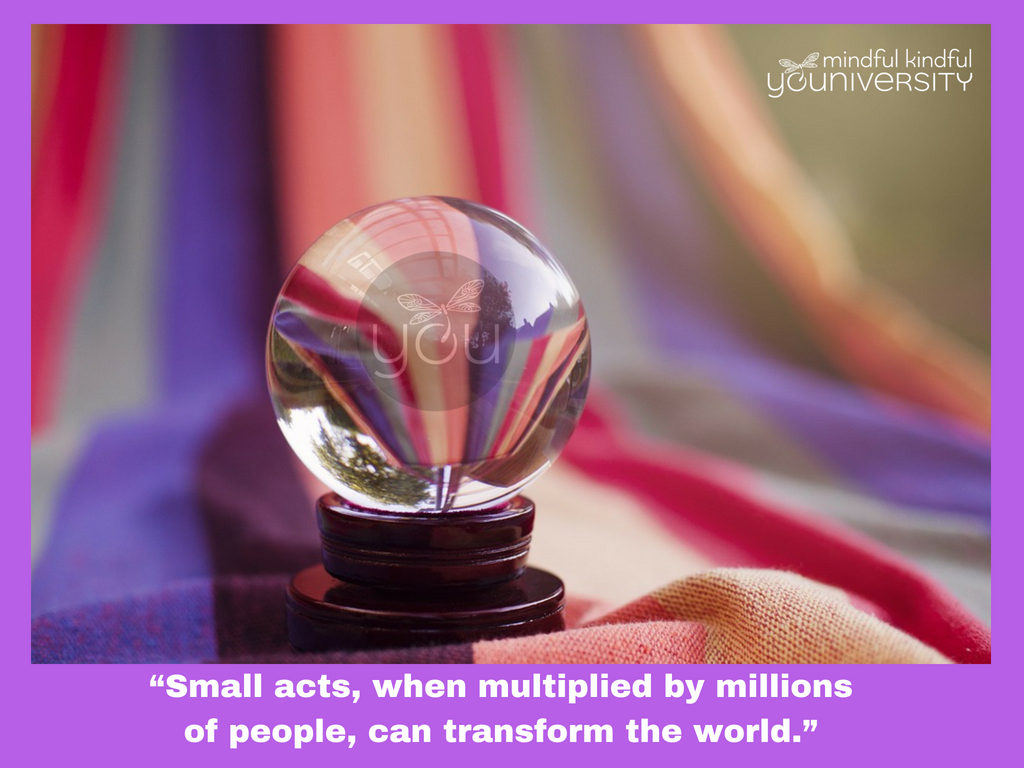
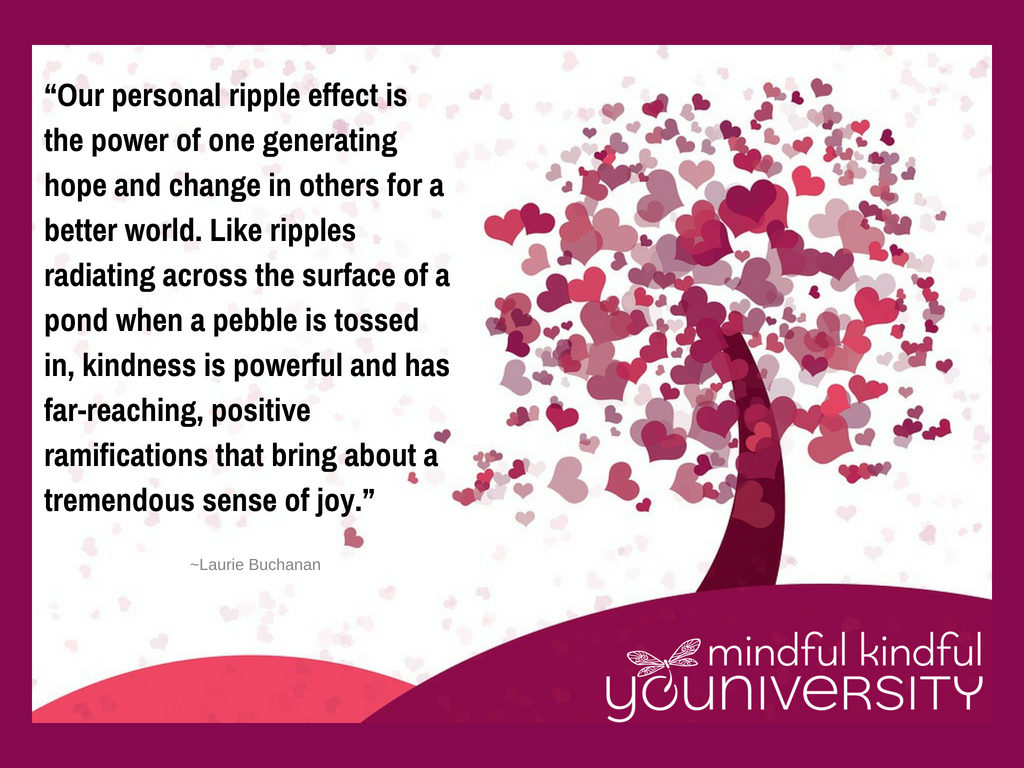
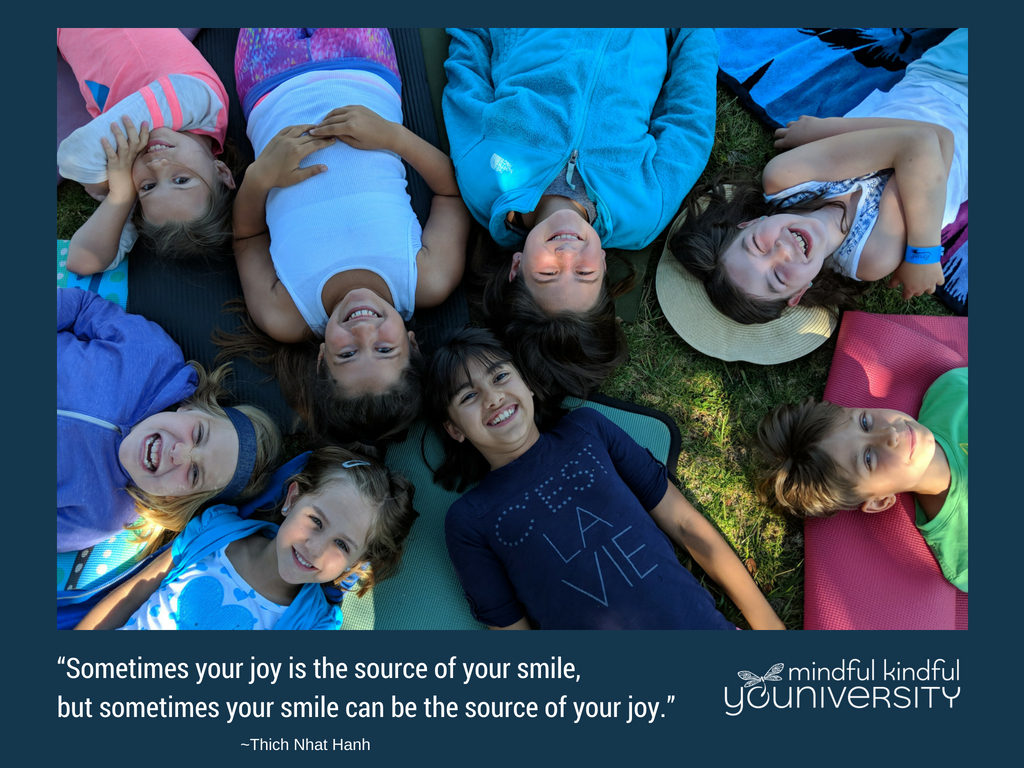
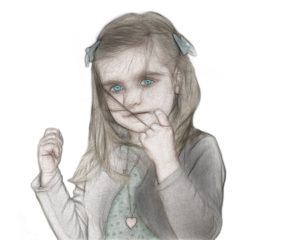
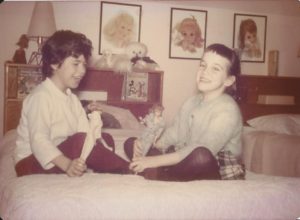
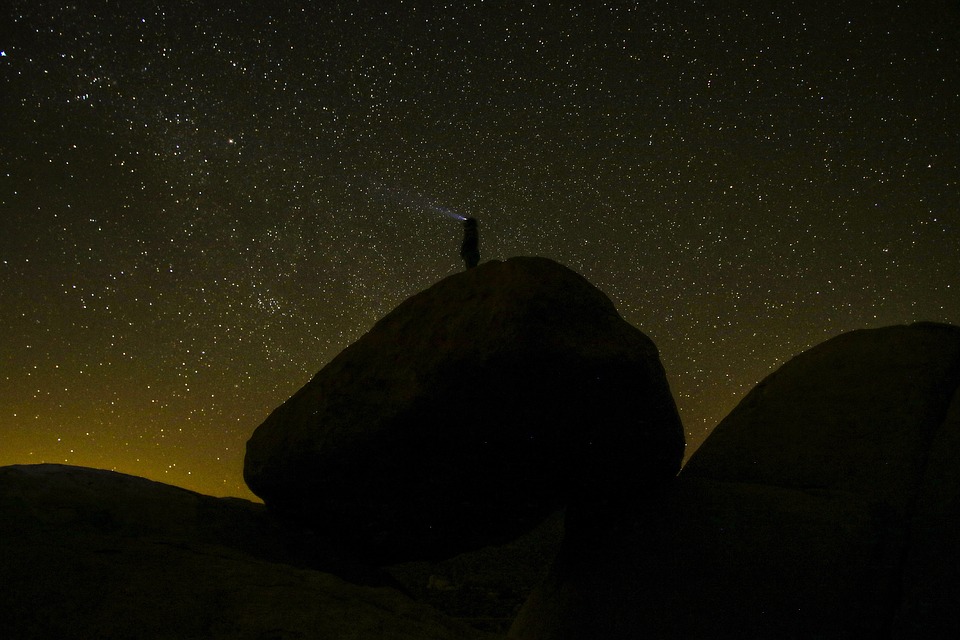
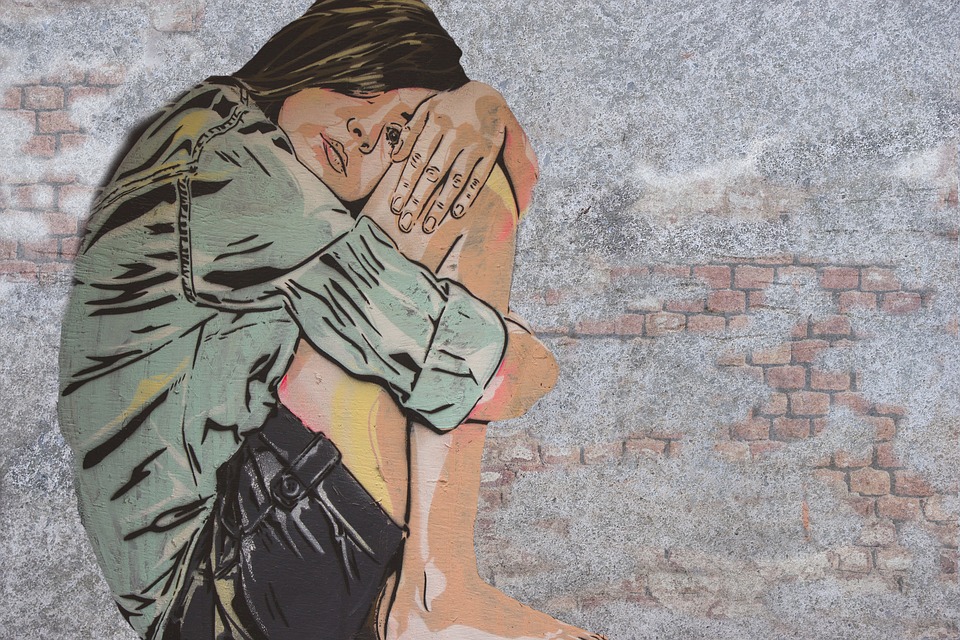
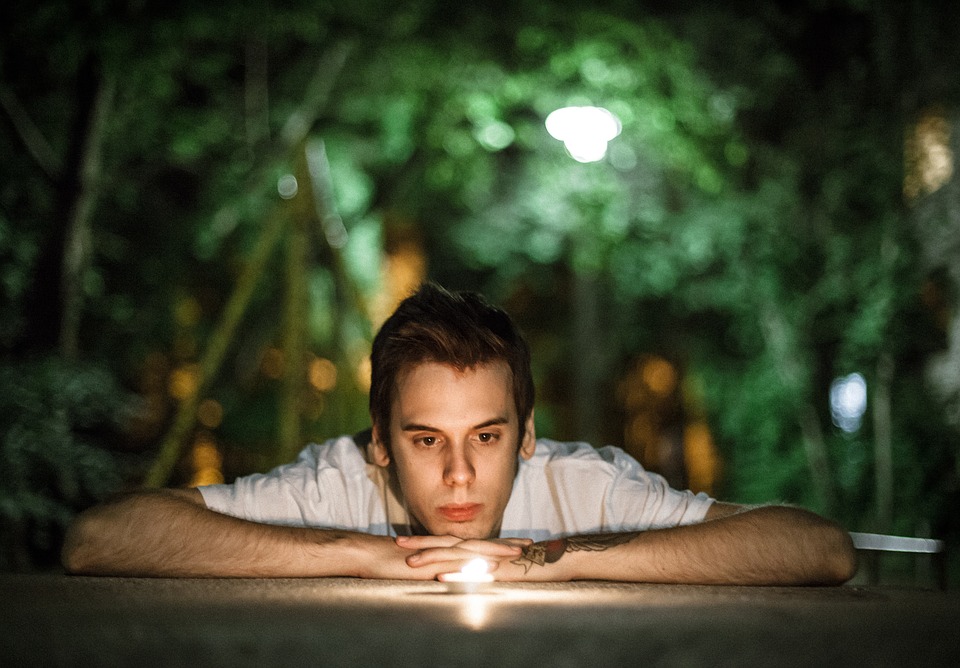
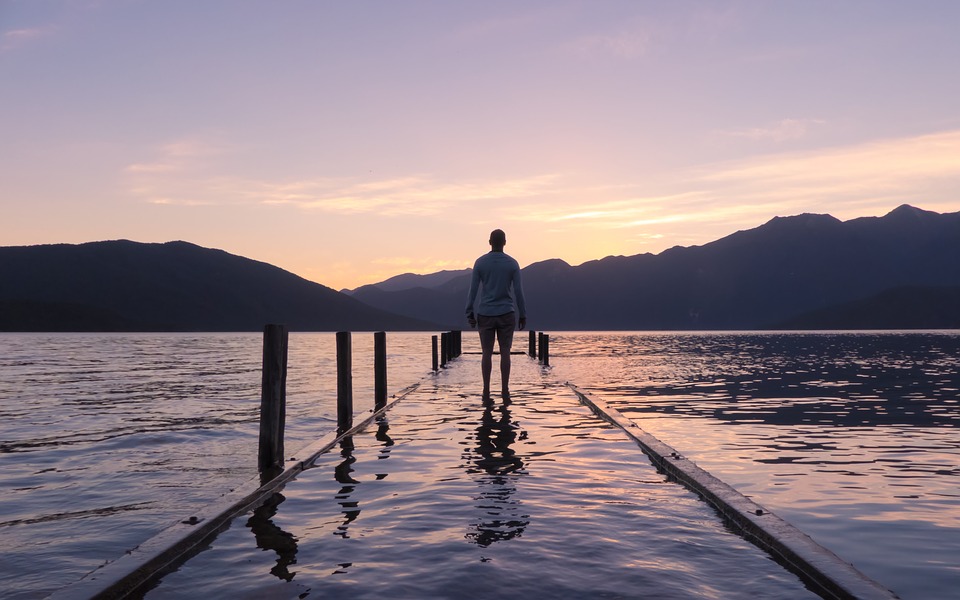
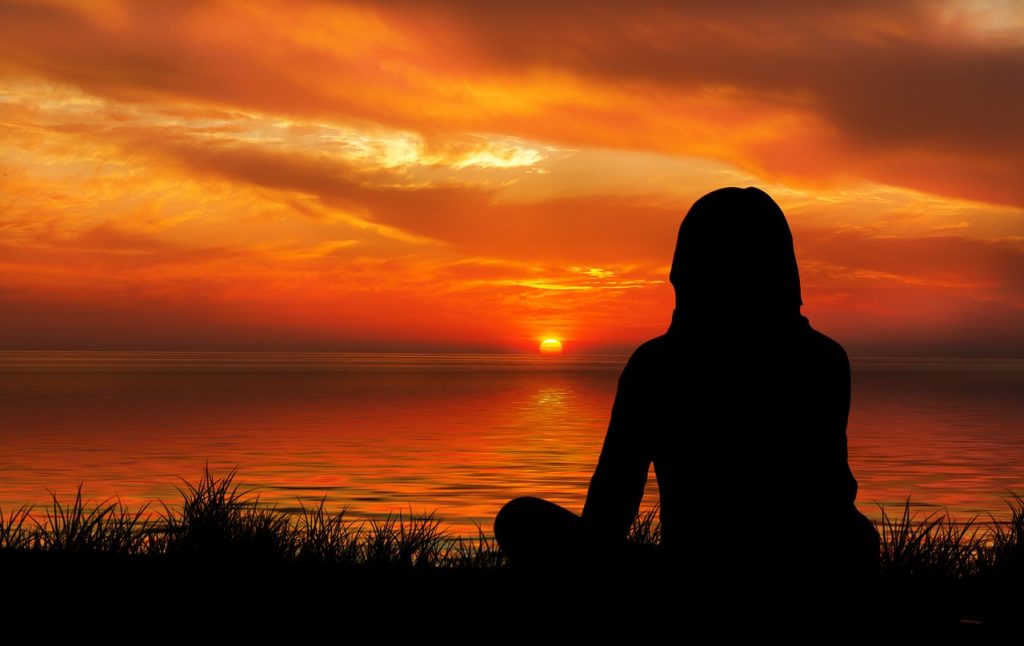
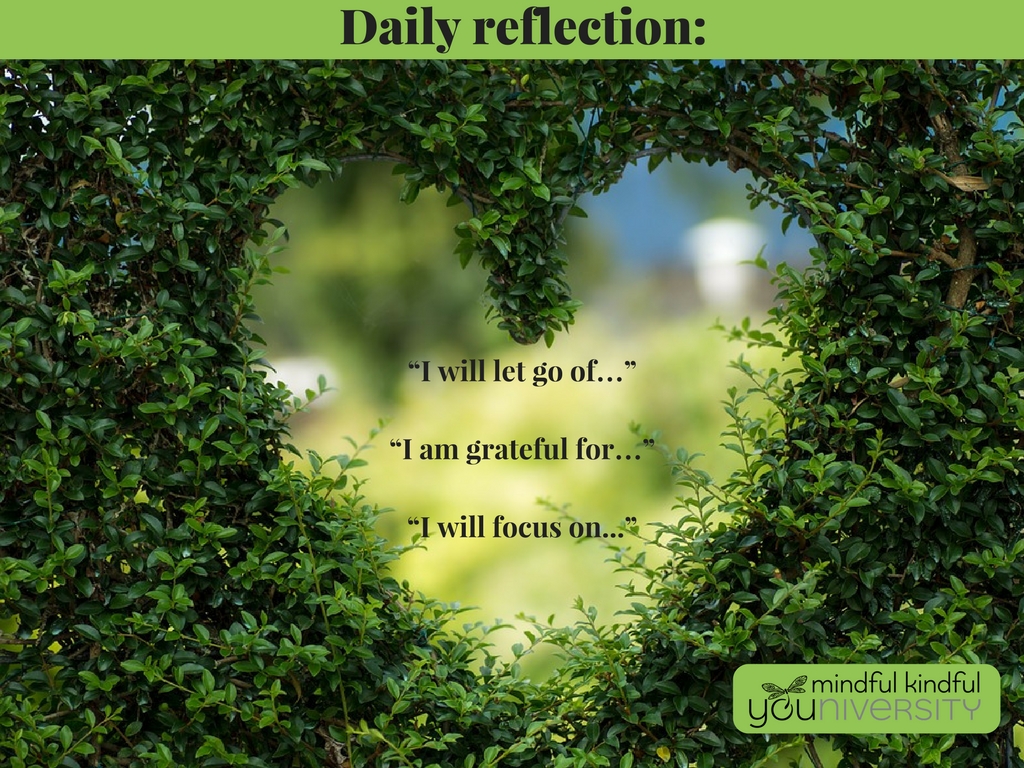
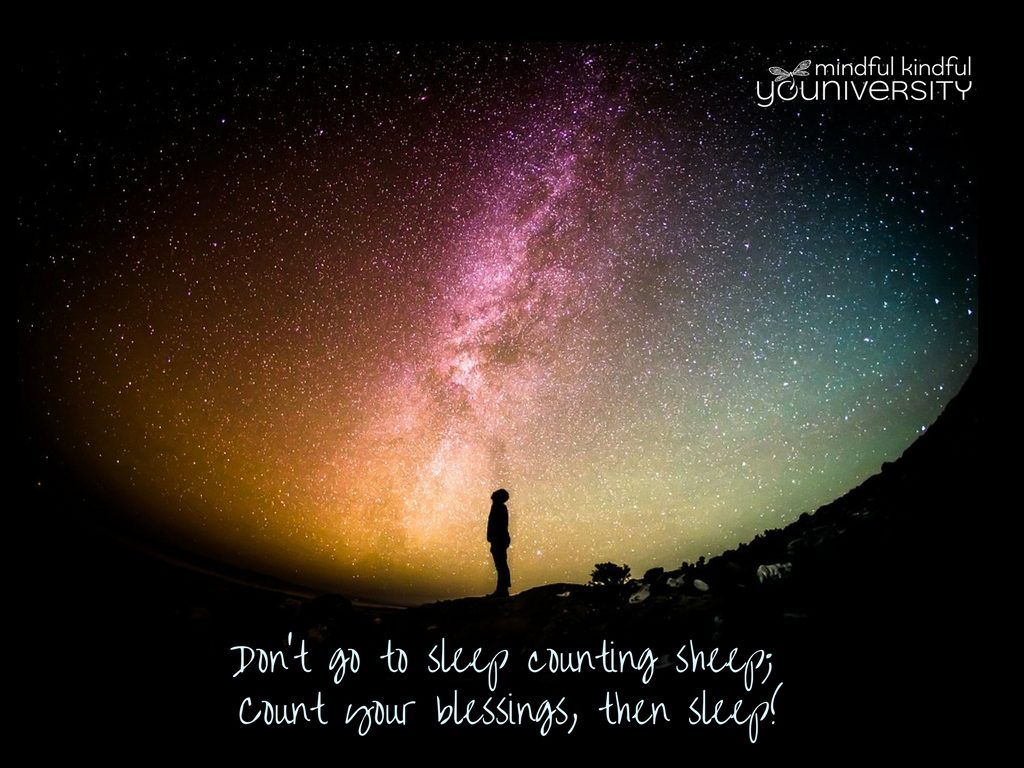
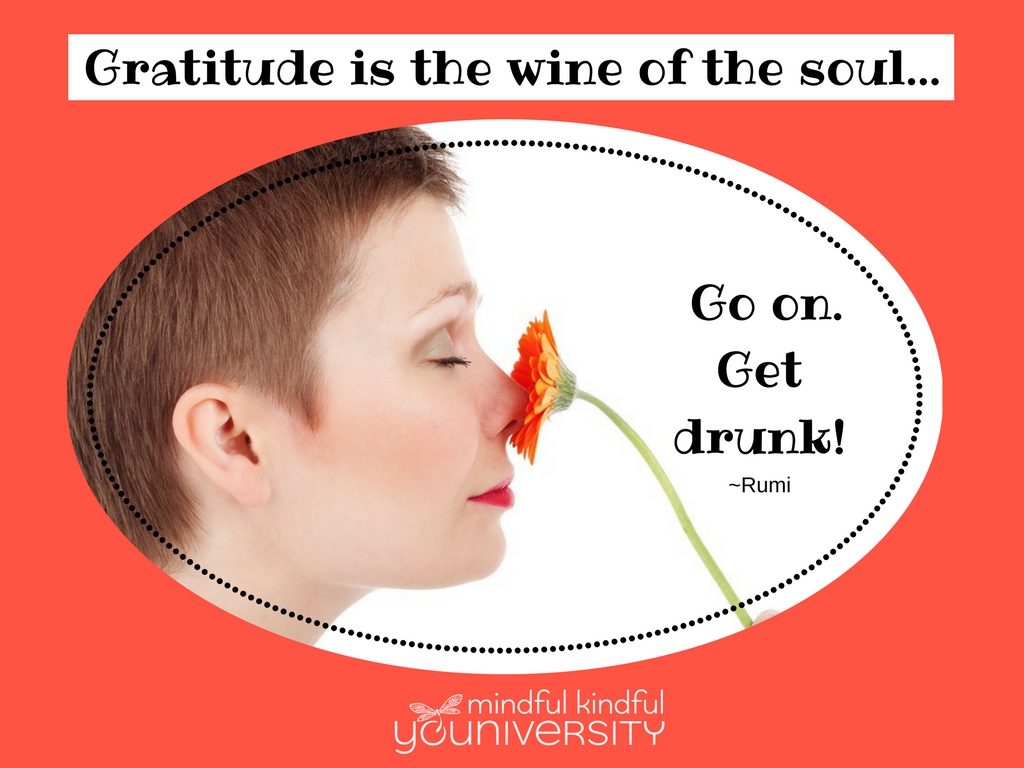
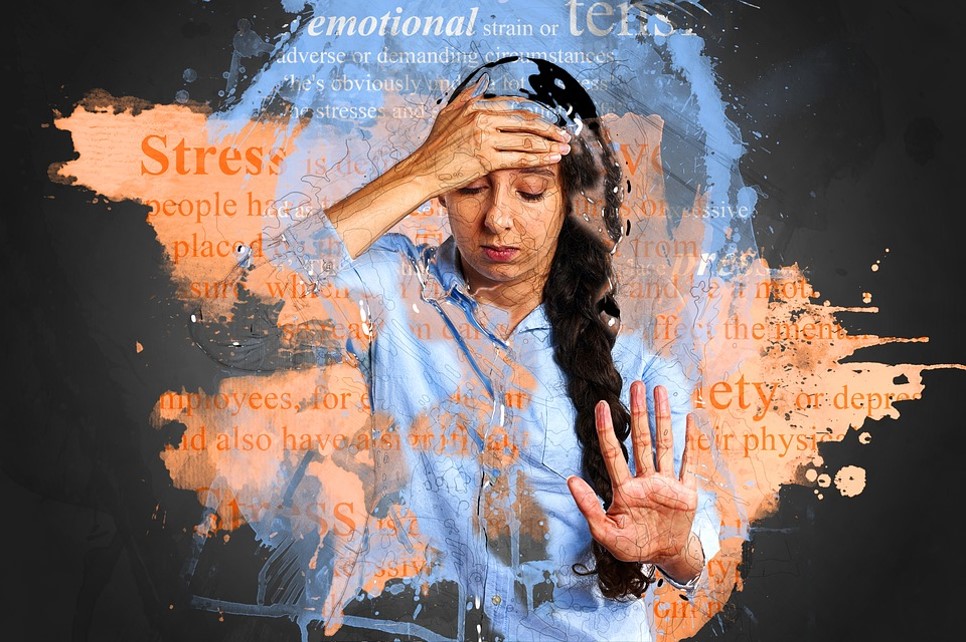

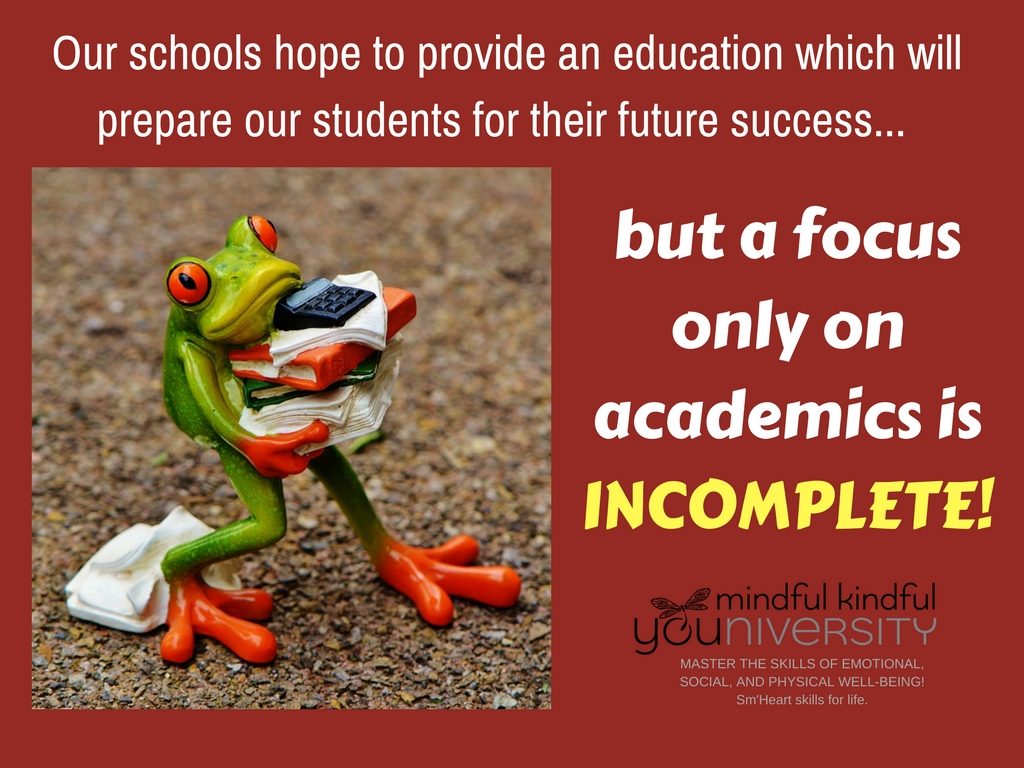
 Felt like you needed a break and just want everyone to leave you alone because you are exhausted, overwhelmed, STRESSED?* Most participants in the workshops raised their hands for each of these questions, sometimes raising both hands, or standing up, for emphasis! We had a good laugh over it… and then faced the reality. Any one or more of these occurring regularly in our lives may have a negative or consequential impact on our lives.
Felt like you needed a break and just want everyone to leave you alone because you are exhausted, overwhelmed, STRESSED?* Most participants in the workshops raised their hands for each of these questions, sometimes raising both hands, or standing up, for emphasis! We had a good laugh over it… and then faced the reality. Any one or more of these occurring regularly in our lives may have a negative or consequential impact on our lives. 